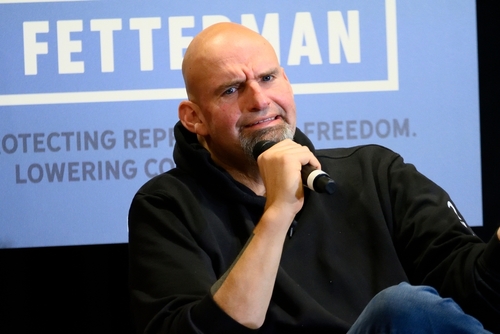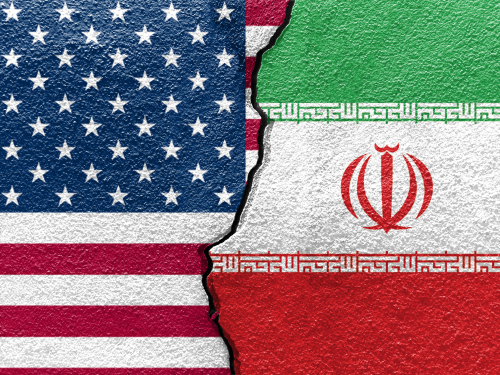
Rubio wants trade talks after raising global tariffs
Listen To Story Above
Secretary of State Marco Rubio outlined a potential new approach to international trade negotiations, suggesting the United States could pursue bilateral discussions after implementing broad tariffs on trading partners.
The announcement follows President Donald Trump’s latest trade escalation, where he threatened to impose a 200% tariff on European alcohol imports, including wine and cognac. This move signals an expansion of the ongoing global trade disputes that have already caused market volatility and heightened concerns about economic downturn.
Marco Rubio drops truth bombs on Face The Nation! The old trade system benefited them, not us. Time to rebuild American industry and set a new status quo! pic.twitter.com/BPTY35vuP4
— Nafisa Diwan (@nafisadiwan1) March 16, 2025
Speaking on CBS’s “Face the Nation,” Rubio emphasized that the United States’ response would target all nations that have imposed tariffs on American goods, rather than focusing on specific trading partners.
“This is global. It’s not against Canada, it’s not against Mexico, it’s not against the EU, it’s everybody,” he told the CBS show “Face the Nation” on Sunday.
“And then, from that new baseline of fairness and reciprocity, we will engage — potentially — in bilateral negotiations with countries around the world on new trade arrangements that make sense for both sides,” he continued.
BREAKING: After meeting with U.S. Secretary of State Marco Rubio, the President of Panama announced that they will not renew one of its trade initiatives with China and will be increasing US investment in Panama.pic.twitter.com/jZLXLrltwr
— Libs of TikTok (@libsoftiktok) February 2, 2025
While specific details about potential new trade agreements weren’t provided, Rubio stressed the importance of establishing what he called a fair baseline for future negotiations. He expressed dissatisfaction with current trade relationships and indicated a determination to alter existing arrangements.
“We don’t like the status quo. We are going to set a new status quo, and then we can negotiate something, if they (other nations) want to,” he said. “What we have now cannot continue.”




